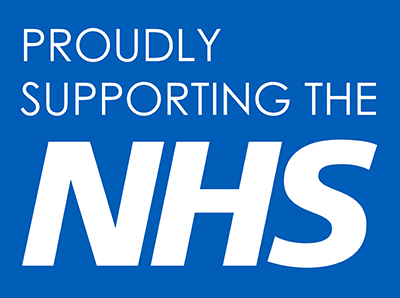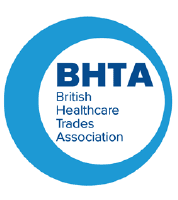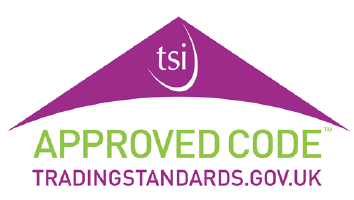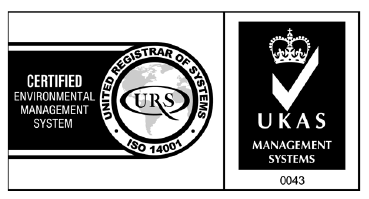The topic of obesity here in the UK is widely reported, and just last week Select Medical sponsored a Bariatric Workshop in Leicester – another example of the increased concern. The event, managed by the NHS’s National Performance Advisory Group (NPAG), was keenly attended by professionals of different backgrounds from across the country.
Are you aware… You are considered overweight if your body mass index (BMI) is between 25 and 29, and clinically obese with a BMI of 30 and above.1 Is BMI appropriate for determining obesitiy in an individual??? I’m not sure. The topic of BMI is a subject for discussion in itself, but it serves as an attempt to quantify the amount of muscle, fat, and bone in an individual, to determine if a person is underweight, normal weight, overweight, or obese based on that value.
Obesity within the UK has become a major problem over recent years and sadly it is not only adults who are affected; the estimated number of individuals who are burdened by obesity is shockingly high. One child out of every five is considered to be overweight within the UK, and one out of every four adults.2
Speaking at last weeks event was Tracey Carr (Fat Lot She Knows) – Tracey is well known to many healthcare professionals up and down the UK’s healthcare circuit for talking openly about her own experiences as a plus-size person, and the challenges she has faced through the years. Tracey is an inspiration to many and lives an active social life; she presents her own honest appraisal and real-life stories of a plus-size person. It is both a fascinating and educating listening experience to hear about Tracey’s encounters with people, doctors, nurses and talking about her experiences with bariatric equipment.
Anita Rush a clinical nurse specialist known for her expertise in bariatric care was also a guest speaker at the bariatric event, and she gave a talk on Planning for the Plus-size Person. In the past Anita has highlighted that bariatric management is complex and requires a ‘whole systems approach’, considerations in relation to equipment provision and environmental constraints are key.3
Being overweight or obese can place you at higher risk of developing pressure ulcers and other serious and complex health concerns such as
• Diabetes
• Heart Disease/ Stroke
• Some Cancers
• High Blood Pressure
• Gallbladder Disease
• Gall Stones
• Breathing Problems
• Osteoarthritis
• Sleep Apnea4
There are a number of plus-size patients who are treated each year due to weight related issues. Official figures have shown that there were almost 11.000 hospital admissions for obesity in England during 2012-2013.5
Within our specialist area of pressure care, it is important that when caring for a plus-size patient you plan carefully and methodically. Crucially, you should ensure skin inspections take place often; this is due to the fact that larger people are more prone to developing pressure ulcers. (Have a read of our brief guide to pressure care) Contributing factors towards the development of pressure ulcers in obese individuals can include; difficulty in turning and repositioning, friction caused by the skin rubbing together, immobility, and a decreased blood supply to adipose tissue.6
Such is the concern of our nations obesity epidemic, the Department of Health is making significant efforts to publicise the affects of obesity through its website, the media and education in schools. Around the subject of pressure care, NICE guidelines highlight the importance of various interventions that help to prevent or minimize the risk of skin damage to individuals who have reduced mobility. It is recommended within the guidelines that the “minimum provision for pressure ulcer care is a high specification foam pressure relieving mattress, or high specification foam mattress with an alternating pressure overlay, or a sophisticated continuous low pressure system.”7
Select Medical has designed a complete range of pressure relieving bariatric mattress and cushion support surfaces, for the cared for, to combat the fight against problem pressure ulcers in plus-size people. Our range of bariatric mattresses are available in various sizes to suit the needs of those you are caring for.
SelMed and Pure Air static and dynamic alternating pressure mattress systems for bariatric care are widely utilised by carers involved in providing care for those at risk, or already suffering existing pressure damage. These pressure-relieving devices can be used across all care settings within any healthcare establishment. The use of bariatric mattress and seating systems impacts positively on nursing time, resulting in cost efficiency benefits for the care provider.
For those of you who want to learn more about us, dive straight to the cornerstone of our site and understand more about our C3 approach…
Healthcare professionals should select appropriate pressure care equipment under the guidance of local protocols established for best practice pressure care management. If in any doubt, contact your local tissue viability team.
Bibliography
1) NAO (2001) Tackling Obesity in England [online] Available at: http://www.nao.org.uk/wp-content/uploads/2001/02/0001220.pdf [Accessed 13/09/2015]
2) NHS (2014) Obesity [online] Available at: http://www.nhs.uk/conditions/obesity/pages/introduction.aspx [Accessed 03/08/2014]
3) Size Matters (2012) [online] Available at: http://www.csp.org.uk/frontline/article/size-matters [Accessed 30/08/2015]
4) Norwood, V (2014) Health Risks Linked to Obesity [online] Available at: http://www.webmd.com/diet/obesity/obesity-health-risks [Accessed 03/08/2014]
5) Siddique, H (2014) Almost 11,000 Admissions to Hospital for Obesity Recorded in 2012-13 [online] Available at: http://www.theguardian.com/society/2014/feb/26/almost-11000-admissions-hospital-obesity-2012-13 [Accessed 30/08/2014]
6) Obesity (2013 Pressure Ulcers and Skin Care [online] Available at: http://www.netce.com/coursecontent.php?courseid=931 [Accessed 03/08/2013]
7) Current Management (2014) Nice Medical Technology Guidance [MTG20] [online] Available at: https://www.nice.org.uk/guidance/mtg20/chapter/2-The-technology [Accessed 03/08 2014]








